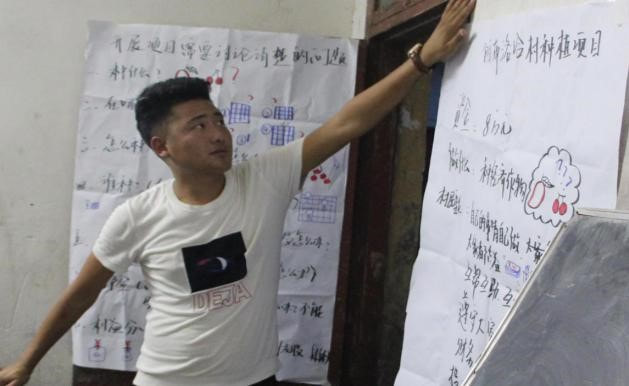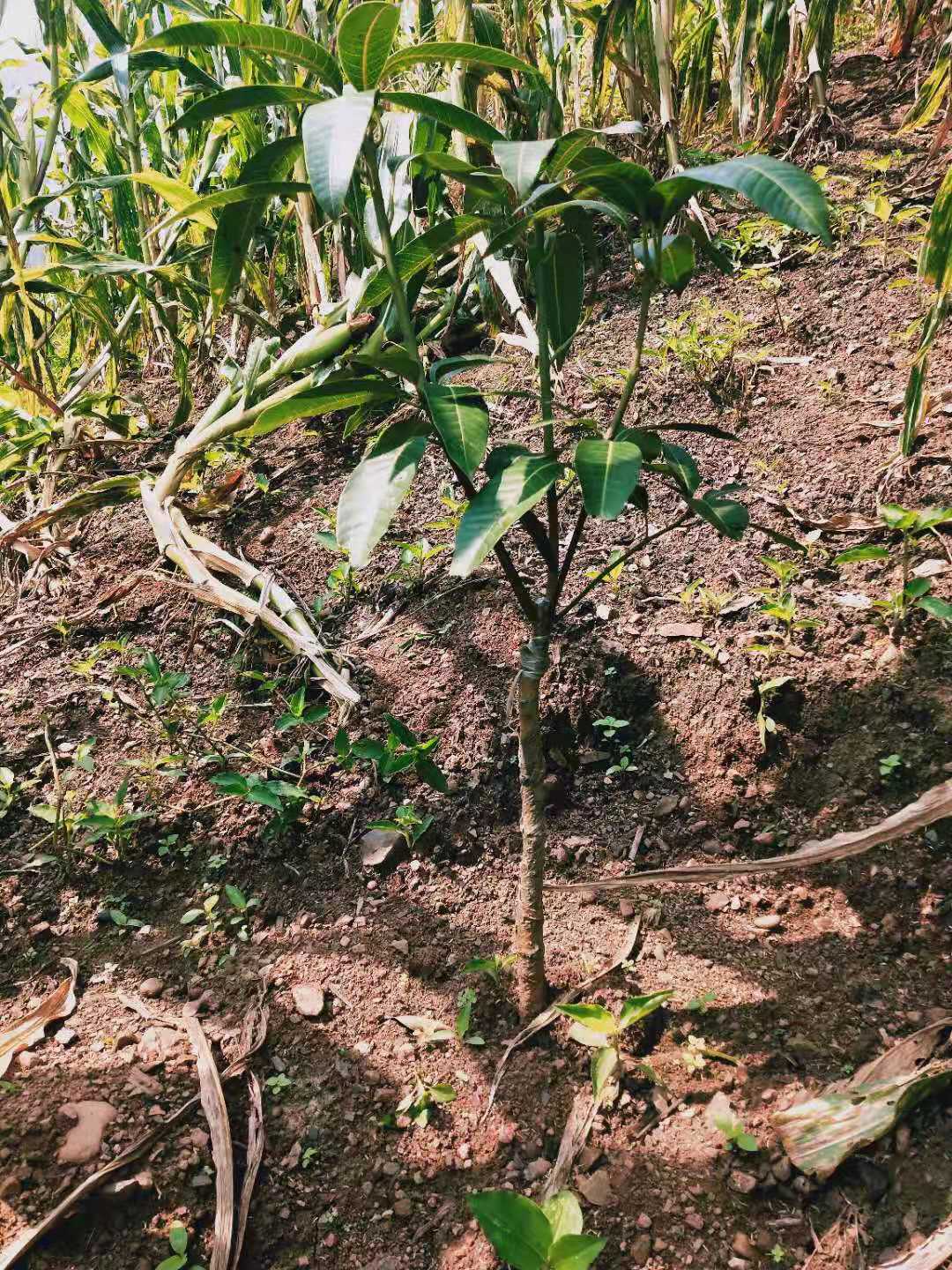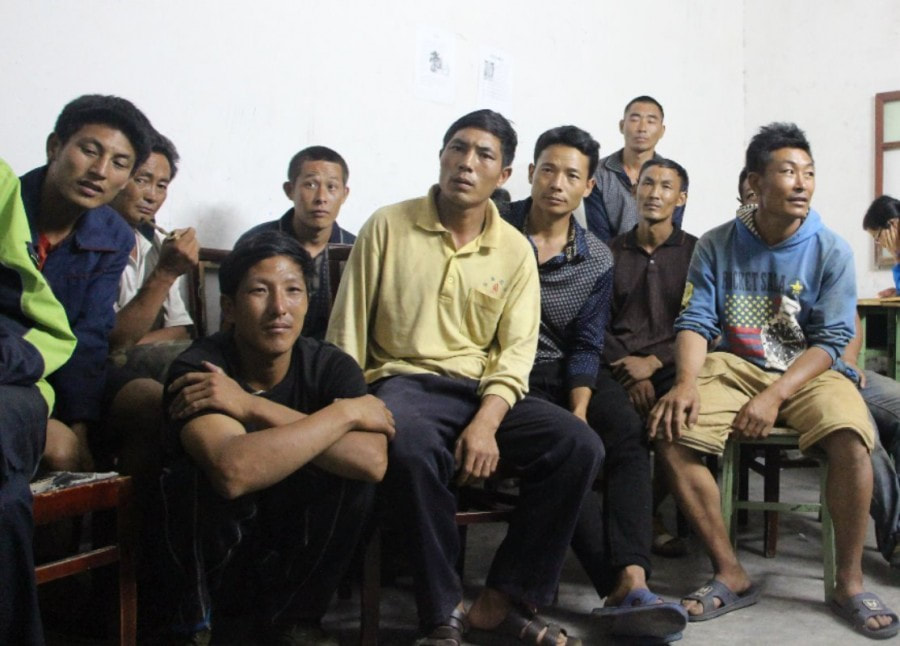|
The old water pipes were old and damaged, most of the water leaked out of the old pipes on the way from the source to the home; that greatly affect the daily life persons affected by and villagers in the home and the community. Villagers then applied for the implementation of water project from The Leprosy Project in early 2019. Staff conducted preliminary survey in early July, 2019 in the village and confirmed the feasibility of connecting water pipes to the home. A general meeting of villagers of the home and the community. The proposal of the water project was approved by all villagers, agreement of volunteer labour input was also signed at the meeting. Villagers began to work on the preliminary preparation such as clearing up obstacles and digging channels for main water pipes from the source to the home. Two concrete platform for sectional water tanks as completed in August. Villagers completed the installation of two 6m * 5m * 2m (60m³) GRP sectional tanks were installed in early November 2019 with technical support of the villagers from Yanyuan, where they had completed water project earlier in 2019. The connection of water pipes was completed before the Chinese New Year of 2020. The project benefited 81 villagers and persons affected by leprosy from 43 households. There shall be a detailed report on the project when regular visit to the home is allowed in Mid-May 2020. As the home was locked down due to COVID-19 pandemic. The completion of the entire project was approved in Mid-May 2020.
1 Comment
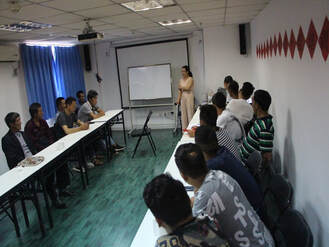 During the interview and conversation, representative from Meigu expressed his feelings about his village, he analysed the problem he found regarding his own community that the villagers were not proactive, they have been dependent, like to ask and they would rather wait for help instead of doing by their own; the consciousness in health and community hygiene has also been low. Representative from cluster 10 and 11 of Ta-er-ti village in Yanyuan also shared their experience of implementation of the water project, and issues in community hygiene of Mianning. 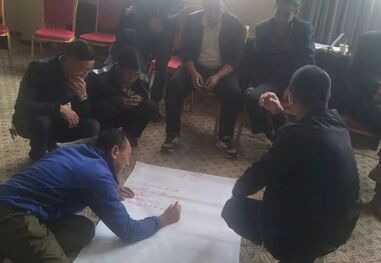 At the discussion session, through the issues finding in Mianninig, most of the representatives had the same feeling that they all had similar issues such as, community infrastructure, environment and weak consciousness in health. They all believed that if they wanted to develop, they needed to have capable villagers to operate the community / village management teams, a harmonious neighborhood and to diversify community cultural and entertainment activities. After the discussion, new plans were added to the annual plan for 2020 in addition to those on-going and confirmed programs. Women health management teams comprised of female villagers were set up for different communities in helping the project promote health education, especially on women’s health. Community artistic and performing group was proposed to set in in the community in order to meet the needs in cultural and entertainment activities, especially for elderly persons affected by leprosy and villagers. On agricultural development, new species of economic crops such as konjac, mango trees, citrus trees and livestock such as beef cattle, goats shall be introduced to the villages to improve their economic incomes. 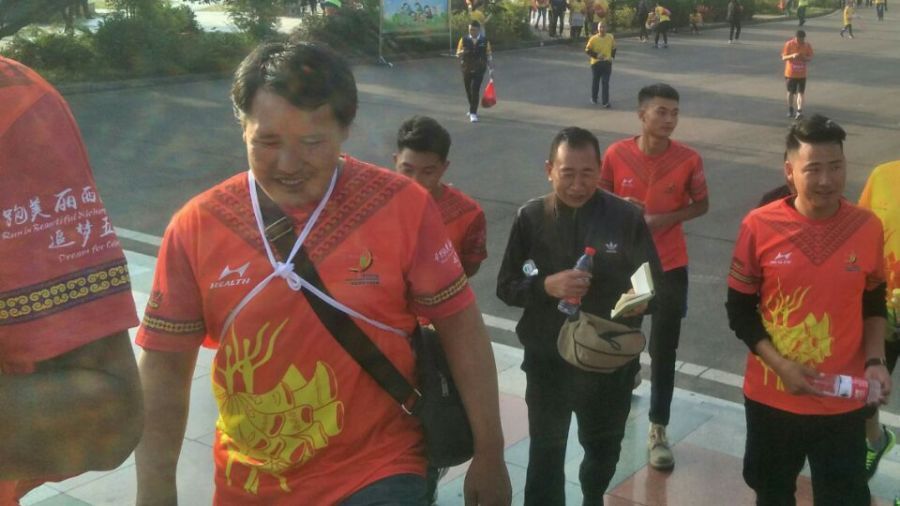 At the summary session, representatives summarized their works for the year, shared their experience and lessons learned at the end. During the meeting, some of the participants also participated in the Annual Xichang international Marathon together with some of the project staff. An appraisal of outstanding members of the management teams at the end highlighted the meeting, all winners were elected by the villagers and project staff. Ceremony of the completion of water project for Cluster 10-11 of Ta-er-ti village in Yanyuan4/28/2020 The main theme of the ceremony was “Building a happy home through participation of the community”. It was held at Ta-er-ti village on 25th November, 2019 with the participation of the Deputy Secretary of Yanyuan County, Secretary of Yousuo Township, officials of the Forestry and Agricultural Department of the County and other Government officials. Director Mr. John Bowden, in charge of the water project and director of fund raising Mr. Nicholas Pirie also participated in the ceremony. A Festive Atmosphere The ceremony was hosted and planned by the university students and the village management team with the support of The Leprosy Project Limited. Government officials, Directors of TLP and representatives from the village gave speech at the ceremony, then followed by a variety show with the support of volunteer performance team from Xichang, students from the village and the villagers. Helping People Help Themselves The Leprosy Project commenced project implementation in cluster 10 and 11 of Ta-er-ti village since 2017. Through the preliminary survey, the Project found out that POD (Prevention of Disabilities and healthcare works to persons affected by leprosy), water, agriculture and education had been the most wanted from the community. Through the services and support from the Project during the past three years, we could see a tremendous change in the village. We could see the ulcers of the persons affected by leprosy got cured or improved, old people were able to visit the cities and let them feel the care from the public, and regain their confidence. The most tangible change of all was the improvement of agricultural system through the completion of water project. Villagers resurrected the paddy fields which was abandoned for years due to shortage of water. Every family has their own vegetable gardens to grow a big variety of vegetables for self-consumption. Economic crops were also planned to be planted. The Source of Life, The Source of Wealth -- The Water Project The implementation of the water project began in the summer 2018, the started clearing up the obstacles all the way from the water source, which is more than 10km away from the village, and digging up ditches for the main water pipes in June and July as the first phase of the project. Villagers then built 6 GRP sectional water tanks, two 60m³, two 24m³ and two 12m³ tanks, as buffer and storage for the dry season. Through the hard work by the villagers the main construction of the water project was completed in 9 months, they got the first flow of water in Mid-March 2019, and the first 3 mu of paddy fields were resurrected right after the connection of water. Economic crops such as Sichuan green pepper corns, citrus trees, walnut trees were planted in the village, and the latest crops added to the list was Konjac, the villagers shall try to expand their arable lands for a bigger variety of economic crops to improve their livelihood. The entire project used 10338m of 140mm PE pipes as main pipes from the source to the main tanks in the village, and 3138m 110m, 12400m of 25mm -63mm PE pipes as divisional pipes, 8000m of pipes for the drip system for the vegetable gardens. The project supported RMB712,644.80 for the entire water project in Yanyuan. Some Immediate Results from the Water Project
These were part of the immediate results collected at the end of 2019.
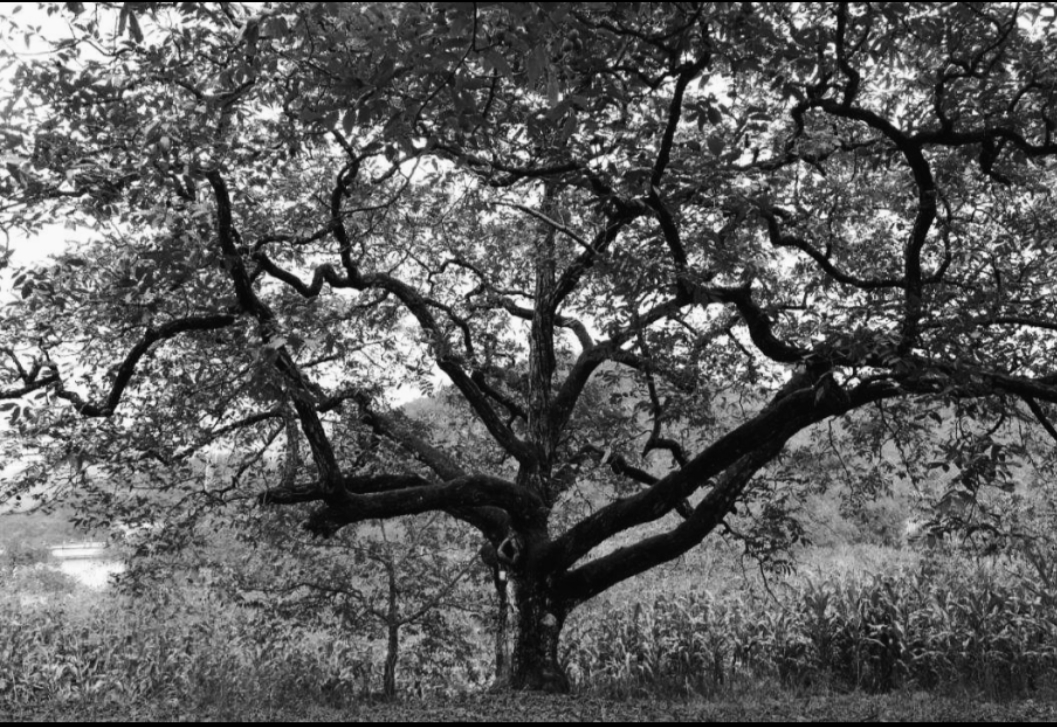 It was the walnut picking season of the year. I helped my father pick walnuts yesterday. Every falling walnut made different movements when they fell on the rooftop, on the grass, in the ditch and in the baskets on our backs. We are all like those falling walnuts, that could not decide the starting point by our own, but we could decide our direction through our efforts. There was an old man, he started his life just like the walnuts in the ditch. Everyone calls him Mao Duhuo. He was born in 1955. He had to grow up with the unbearable pain unlike those healthy kids. He was diagnosed with leprosy, and he was forced to leave his beloved family, the place he was born and grew up, he was sent to the leprosy rehab village in Ta-er-ti village in Yanyuan by his mother.
Every survivor form the disease is a hero. The old man did not give up on himself, he chose to live with dignity. Perhaps this is the tenacity of life, to life with the will like Beethoven -- I will seize fate by the throat; it shall certainly never wholly overcome me. “That which does not kill us makes us stronger”, Friedrich Wilhelm Nietzsche. The old man has gone through “the rebirth of Phoenix Nirvana”. He now his own circle of life, his own friends, neighbours and children. He cultivates in the fields with his friends in springs. The lived They sowed happiness with sweats and lived a self-sufficient life. They met almost every evening under the big “Eucalyptus” and chitchat about everything, from wars in the past to family matters, they chitchat until their mouths dry-up, then followed by board games and chess.
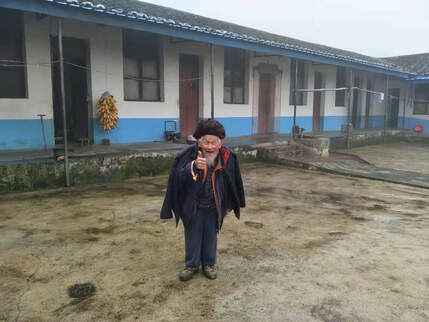 I am Jiang Zongfu, 82 years old, from Guan Jia Ping Zi Home for Leprosy Rehabilitation in Huidong. I also have a brother. Other than my hearing problem, I still have a healthy body. I have 2 sons and 1 daughter, they all have their old family; I also have grandchildren. The living environment in the Home has been improved a lot, there are people taking care of our meals, we also get some small subsidy from the government that is good enough to cover our daily needs. The government will also take care of my funeral when I pass away. I can also go back to my home to visit the “strangers” – family from time to time, they also care about me. One of my grandchildren is going to get married this year, they invited me to the wedding. I decided not to go as I did not want to add extra burden on them, they also have their own economic issue. My grandchild promised to bring his newly-wed wife to visit me. 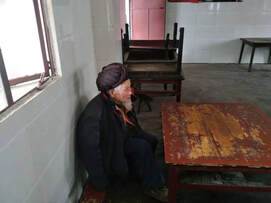 Life had never been easy for me in the past, it was not the life for human being. I married a girl from the same village in 1956 when I was 20. I made some new clothes for her and had a simple wedding banquet at home. We had two sons but we were so poor that both of our sons died. I got a job from the production brigade from our village to make charcoal that I had a stable income so that I could support another 2 sons and my daughter. We had a healthy family though life was not easy. 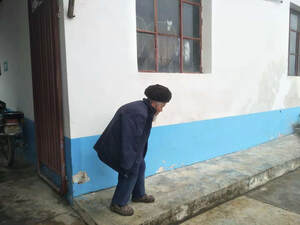 I found plaque, swollen on my skin; I could not sweat and my skin was as rough as skin of trees. I even had no feeling, other people told me that I might have got leprosy. I was terrified so that I went to the county hospital for a detailed checked. They sent my blood to Chengdu for diagnosis. Doctors in the hospital was so scared that they did not even charge the medical fees. I felt desperate and hopeless when I left the hospital. I wanted to jump from the bridge, but my brother grabbed and saved my life. He said, “you still have wife and children, you have to look forward; how can they live without you?” Villagers from the same production brigade looked down on me, they tried to escape from me. Later, they asked me to move out of the village and I then lived in the abandoned brick kiln for 2 years, and never went back home as I was afraid that I might transmit my family and the stigma from the public. 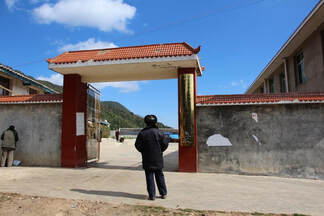 My brother came to me 2 years later in 1973 that the officer from the township government told him that I could move to the rehabilitation home for leprosy patient in Huidong. I then walked to the home with some potatoes and fried wheat flour. It took me three days to get to the home, I slept in the ravine on my way. When I arrived at the home, it snowed heavily. I paid RMB69 to the management staff of the home when I got there, they offered me a room and a job to shepherd the goats. I lived in the home for 10 years, and my wife could not support the life of herself and the children as she did not have any working skill. She then remarried and one of the sons followed her to live with her new husband. My brother had taken care of my daughter and other son for 10 years until I moved back from the home in Huidong. 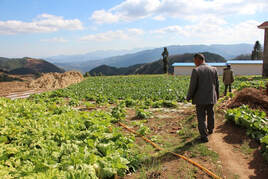 When I got back home, I was given some land and lived on the dam for 5 years. When My son and daughter got married, I moved back to the rehab home in Huidong as the economic condition of my children could not afford me living with them. Other PALs could not understand why did I move back to the rehab home, as there were too many elderly PALs, there were not enough people to take care of them. We had to overcome all the problems by ourselves. 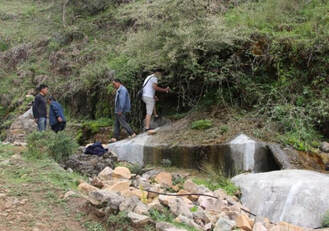 The water source which is about 4km away from the home The water source which is about 4km away from the home Click heThere had been a severe drought in Huidong this year, younger villagers needed to walked more than 4km carry water from the water source for the PALs and villagers. That brought lots of inconvenience to everyone in the home. All the plantation of crops was delayed due to the drought. Project staff conducted a detailed survey for the feasibility of water project for the home and had a general meeting with all PALs and villagers regarding the water project. Agreement of implementing water project and agreement of labour input for the water project were duly signed after the meeting. Location for the water tanks and size of the water pipes allowed by the government was also confirmed. The board of The Leprosy Project received and approved the plan and budget for the water project which shall be implemented after the rain season, by end of October this year. The project shall benefit 81 PALs and villagers from 43 households to solve the problem in shortage of water for daily household use and irrigation. re to edit. 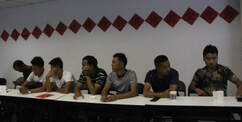 12 members from our community management committees from 6 villages participated in the training held in Xichang in Mid-July. Participants understood the importance of the roles of community management team in the development of their communities as well as the principles, methods and procedures through sharing and summarizing their experience in implementing programs in the past. It was the first time the members from our new villages from Yanyuan, Yuexi and Mianning participated in the entire training in program implementation through participatory approach. 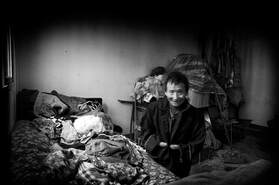 The story of Li Runlian began before she was born 82 years ago. This is her story as told to our Village Coordinator in Luding. I am now 82 years old; it is a miracle that I am still alive today. I was born in Chuni Township of Luding County. My father passed away when I was still in the womb of my mother, and my tragic life began since then. My mother re-married and later I became the elder sister of two brothers and 1 sister. One of my brothers married and went to live with his wife’s family, the other brother left home without a word. My poor little sister, she was born mute. 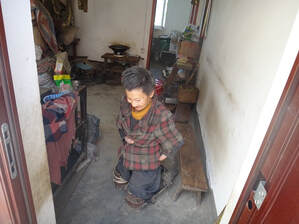 I was diagnosed with leprosy when I was two and just learning to walk. Red spots and rashes were found on my hands. I received various treatments for years but saw no improvement. My family then locked me up at home to stop the neighbors from finding out. I didn’t feel it was that bad in the beginning, I helped my mom do some household chores. But my illness got worse; all of my limbs began to bend so that I could not do anything at home. My step father began his day by abusing me; I was beaten every day. I tried to kill myself by jumping off a cliff, but I was dissuaded by passers-by. My mother eventually found out about my attempt to commit suicide. She could not bear my being abused by my step-father so she borrowed some money from relatives and walked for a whole day to bring me to the leprosy rehab village where I am now living. 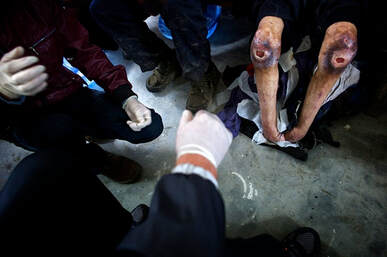 It was a summer day in July of 1970, when I was brought to this mountain village with wooden huts; located at the other side of the river. There were many other patients living here. When I first came here, my disability was more serious than the other villagers. I was bullied by them and most of the time went to sleep on an empty stomach. I ran away to live in the cave on the top of the mountain. I survived by growing and eating raw turnips and other vegetables. One day the doctor from the village hunted pheasants in the area and left a fire burning. I kept the fire going and was finally able to cook myself some hot potatoes and corn. During those years of harsh life in the cave, my health deteriorated further. After two years I found out that the situation in the village was better managed and more under control so I decided to move back to the village. 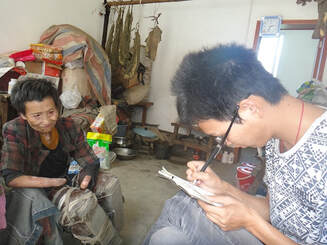 While my mother was alive, she came to visit me twice a year; she cried profusely every time she visited me. Over the years the society and livelihood had been improving. I received both financial and physical support from the Government. I wrote to my mother inviting her to visit me. She always replied by saying: “You silly girl, you don’t really want to see me; you only want to share with me the meat that was given to you by the Government.” Sadly, happy life like that did not last long, my mother passed away. My heart was broken into pieces. I could not do anything but cry. My mother had gone through the worst days with me and now she could not enjoy the fruit with me. How could I enjoy it by myself, alone? That was the biggest regret in my life; I lost the only person who ever loved me…… In 2008, Rotary Clubs and The Leprosy Project visited our village. They provided me medicine and treatment for my ulcers. Before they came I was taking 5-6 pain killers 5-6 times a day. I still could not bear the pain. Since I was taken care of by the healthcare worker Ms. Wang Li who was trained by The Leprosy Project, my ulcers are much improved. I do not have to take so many pain killers, and of course I have been much happier. I no longer worry about my living as I have been taken good care of by the Project and the Government; I have no worries on any economic issue. I have my own money to spend on food. I have never been happier. Words from the recorder: Ms. Li has been living a very harsh life since she was diagnosed with leprosy at the age of 2. She lost both her hands and feet forcing her to walk on her knees. Despite her circumstances, all I see is her smiling face every time I visit this village. She not only takes good care of herself, but she also farms on her land even she is now 82 years old. Her fortitude, optimism and attitude towards life have inspired every one of the Project office.
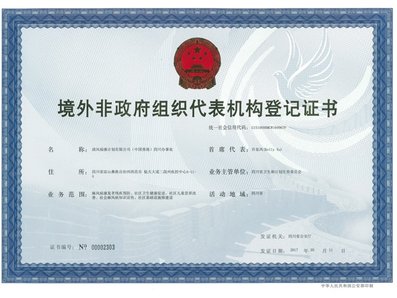 Last year the Government of China announced that from January 1, 2017 onwards, all foreign NGO’s in China would be required to register. For many reasons this has been problematic for the thousands of NGO’s operating in China, many of whom have suspended operations indefinitely. We are pleased to inform you, however, that The Leprosy Project has successfully registered as a Foreign Non-Governmental Organization in the Province of Sichuan, People’s Republic of China on May 11th, 2017. Our registration number is G1510000MCW169967P and it was officially announced on the Central Government website on May 31st, 2017. Although The Leprosy Project is small, operating on a tight budget, it is among the less than 1% of NGOs that have successfully registered. Other successful NGO’s include large well-funded groups such as the Li Ka Shing Foundation and the Bill and Melinda Gates Foundation. This reaffirms our commitment to continuing to serve the people affected by leprosy and their families in the 16 leprosy villages and centers where we work. This includes 5 new villages and 2 new centers that the Center for Disease Control of Liangshan Province requested we take on in 2017, after seeing the success we have achieved in the last 9 villages we service. We appreciate the support of the Health and Family Planning Commission of Sichuan Province during the registration process and for agreeing to act as our Supervisory Unit as required by the new law. We shall abide by the Law of the People’s Republic of China on Administration of Activities of Overseas Non-Governmental Organizations on the Mainland of China in the operation of our service for the people affected by leprosy in the Liangshan Prefecture. We would not have been able to achieve these results without the continued support from our donors and partners. You make our work possible and we all thank you for that. We have a lot of work ahead of us in the 5 new villages and 2 new centers; we need your support in order to continue to help the people affected by leprosy. |
Archives
May 2020
Categories
All
|
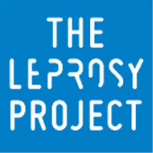
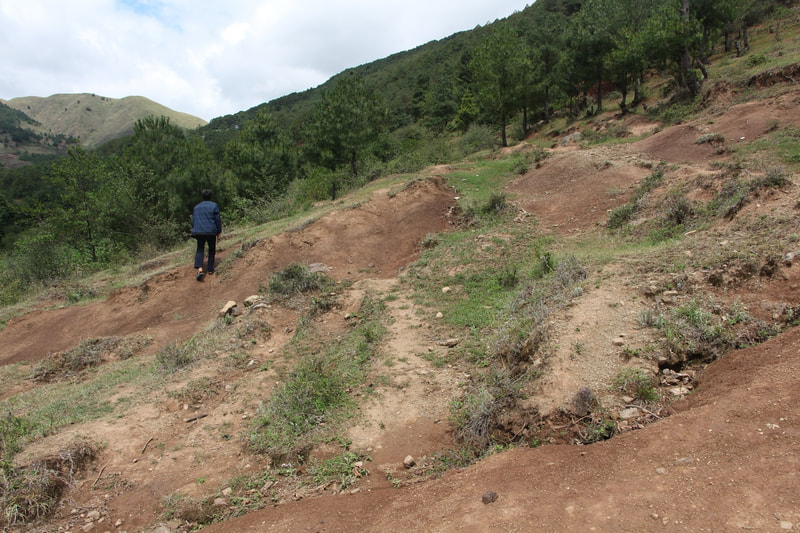
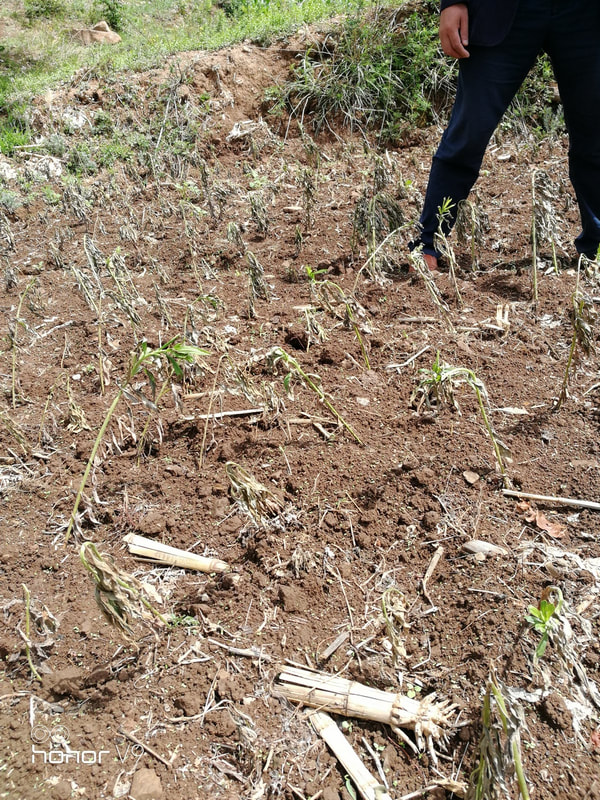
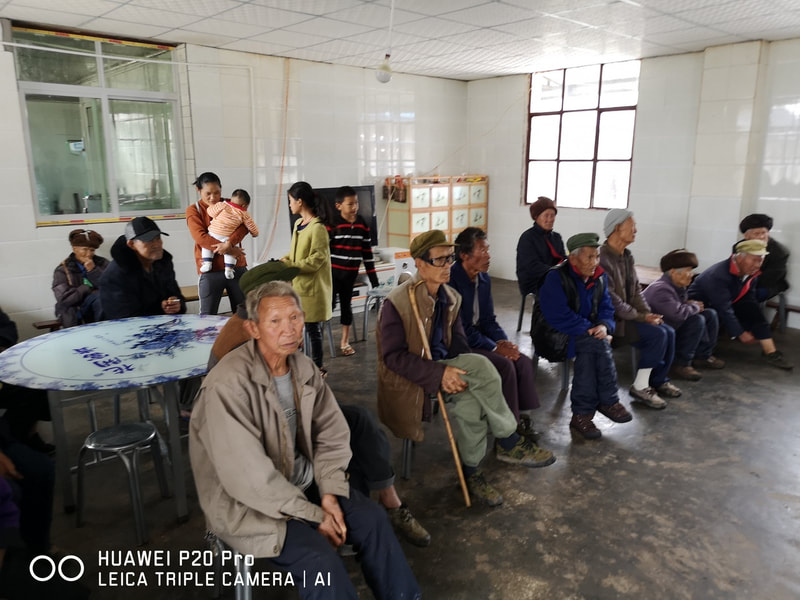
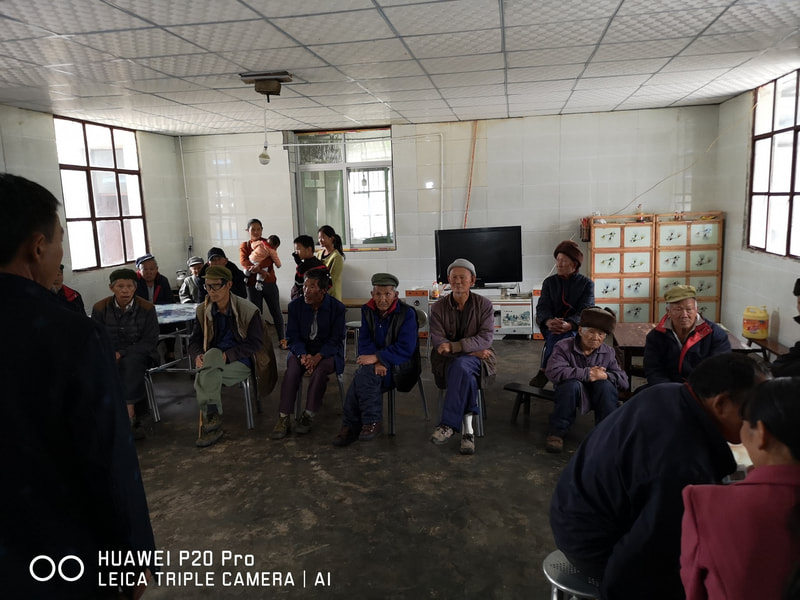
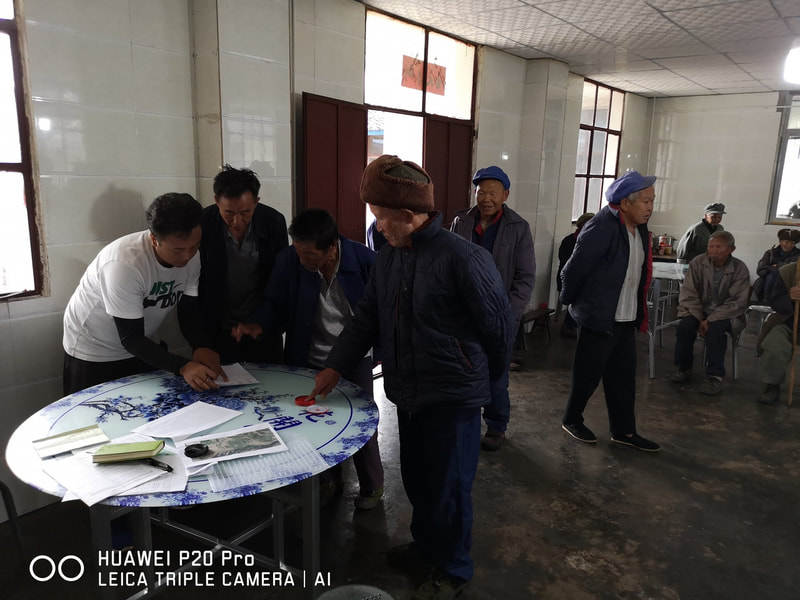
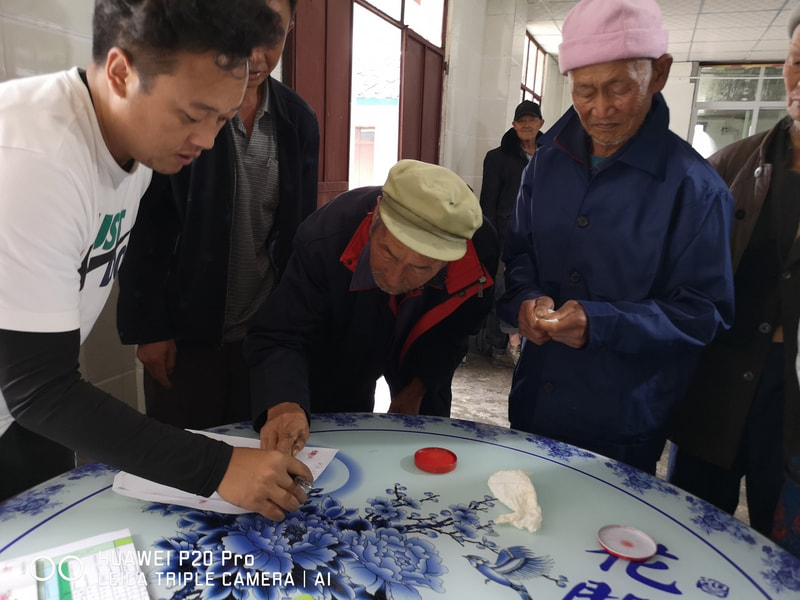
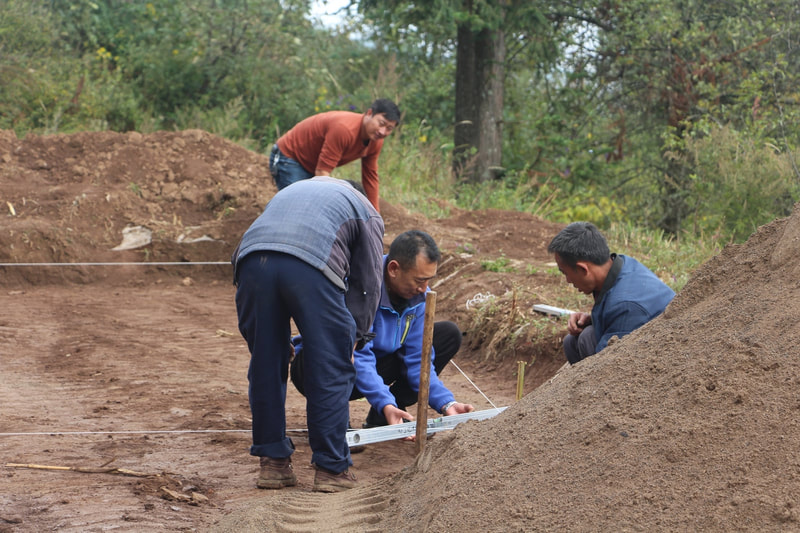
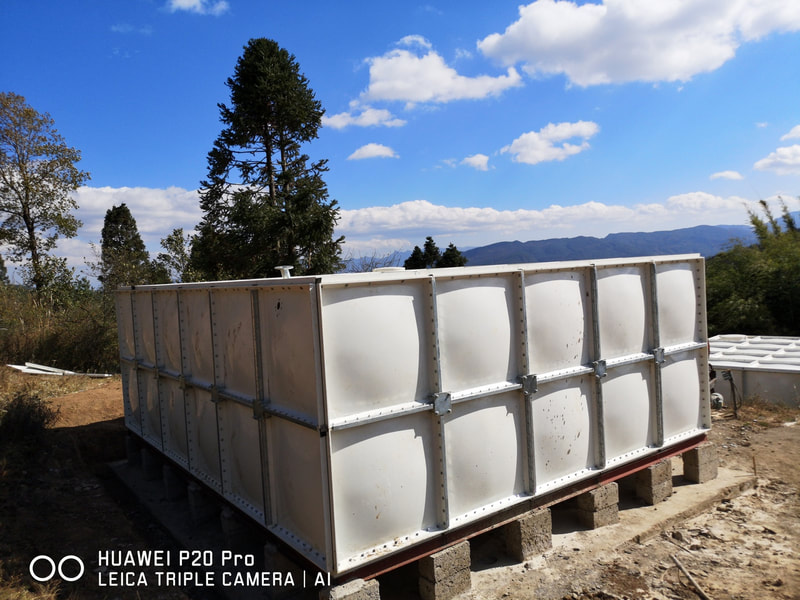
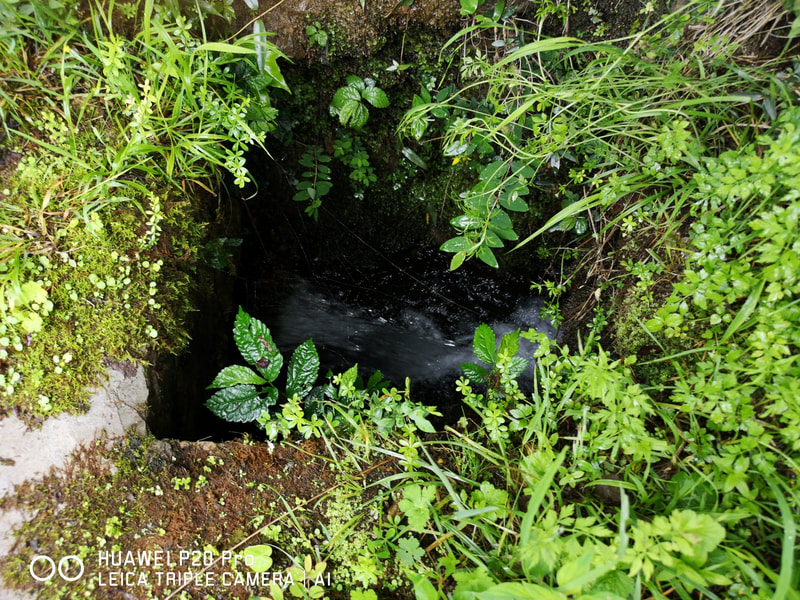
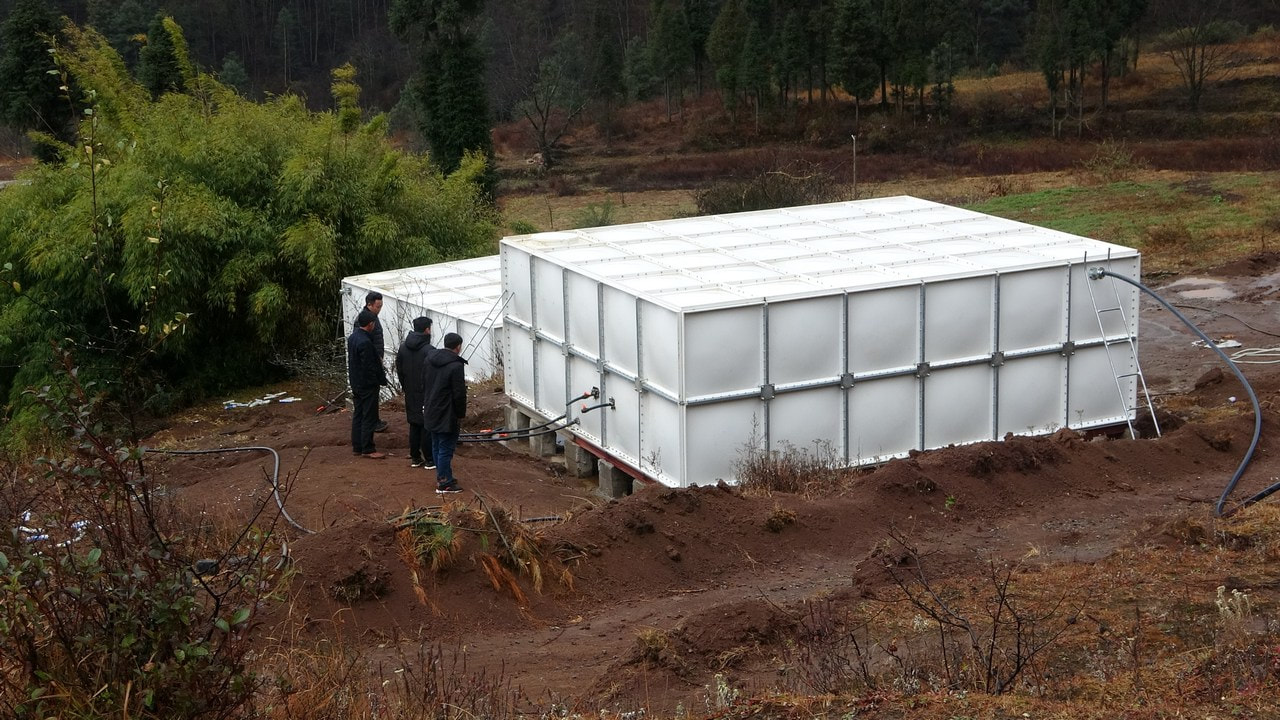
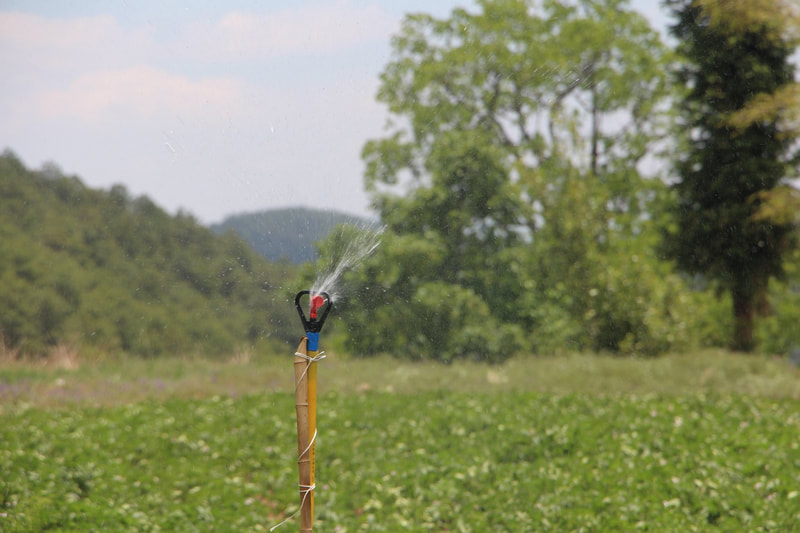
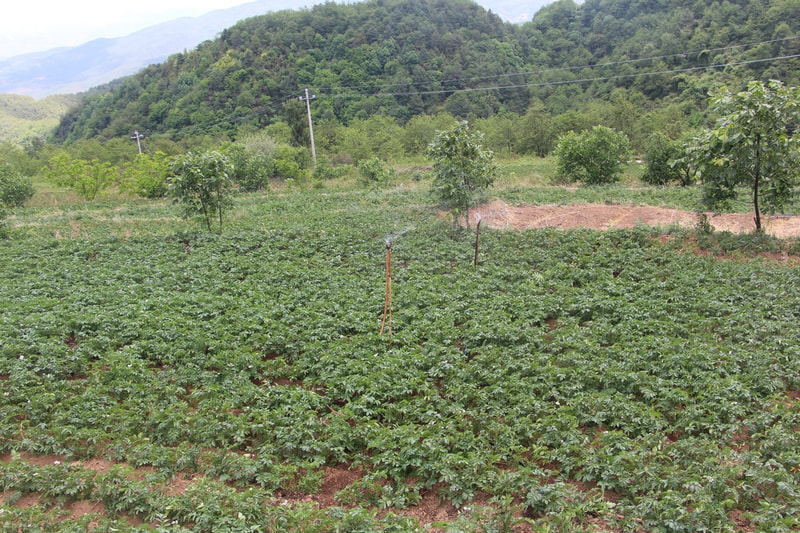
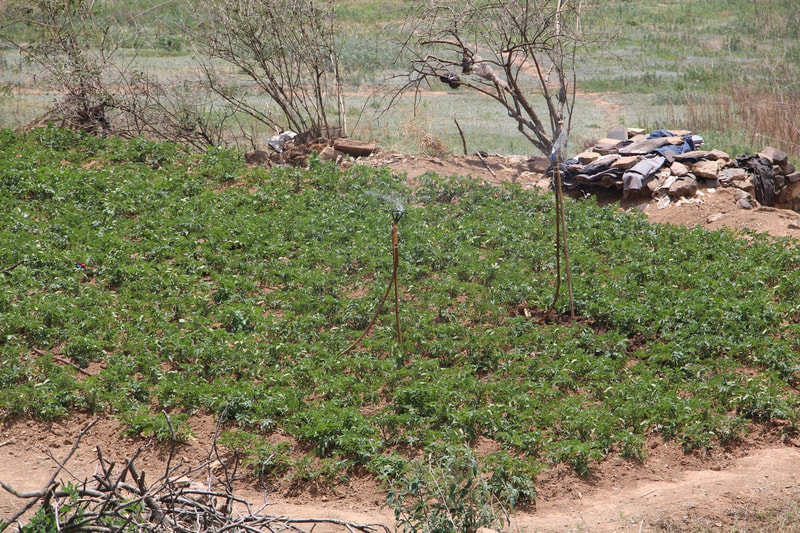
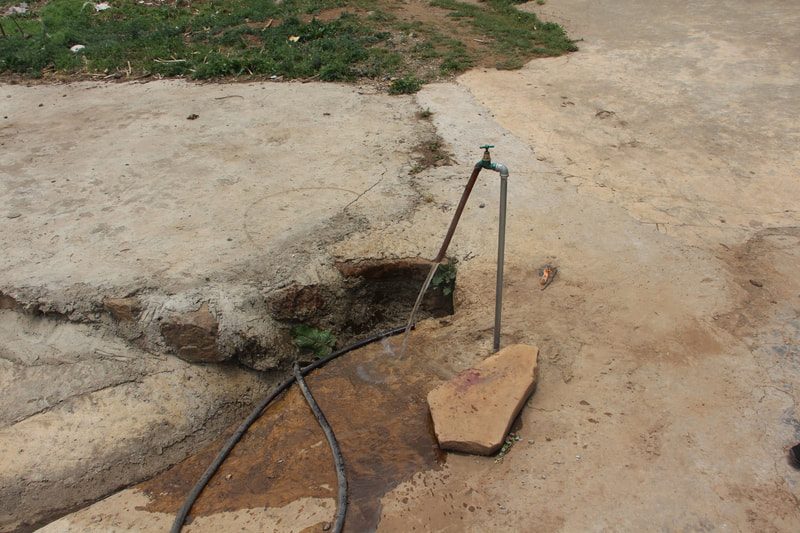
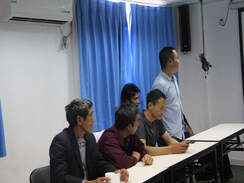
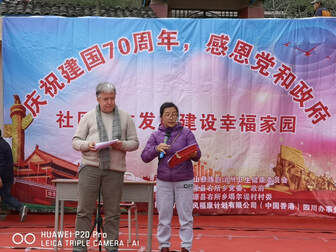
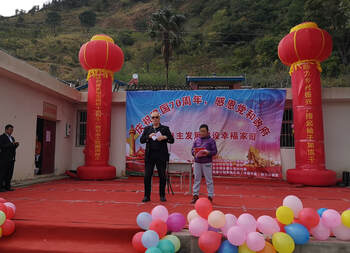
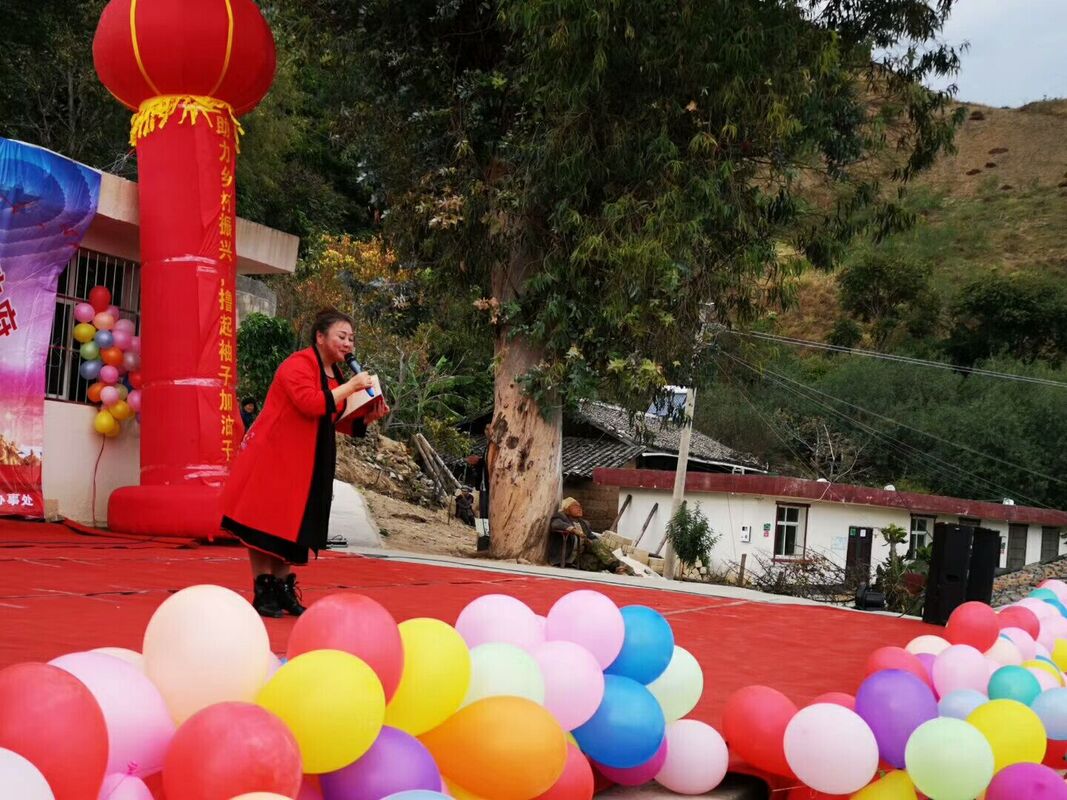
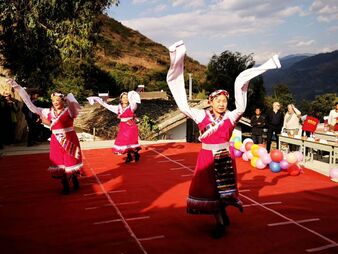
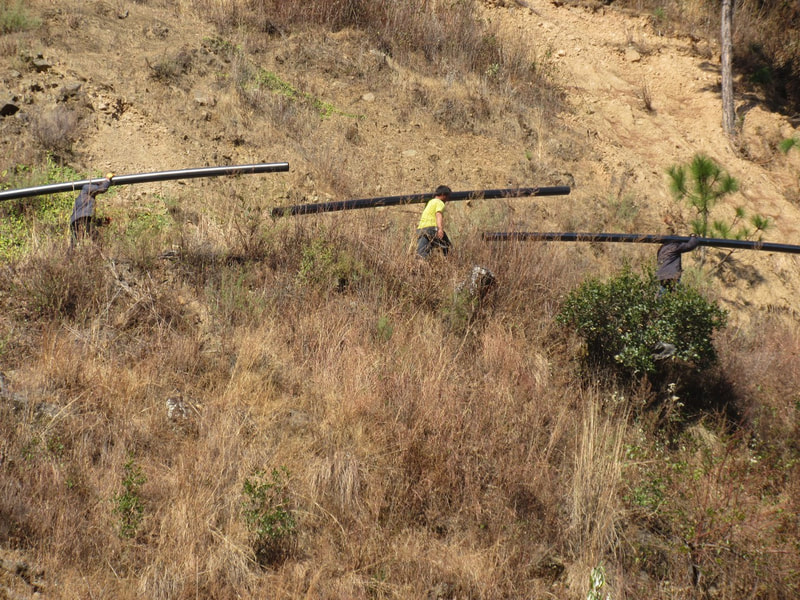
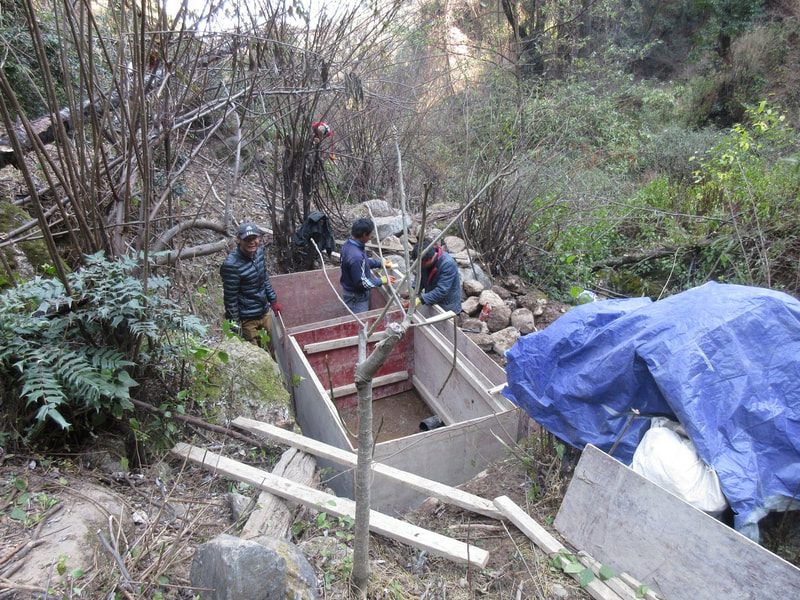
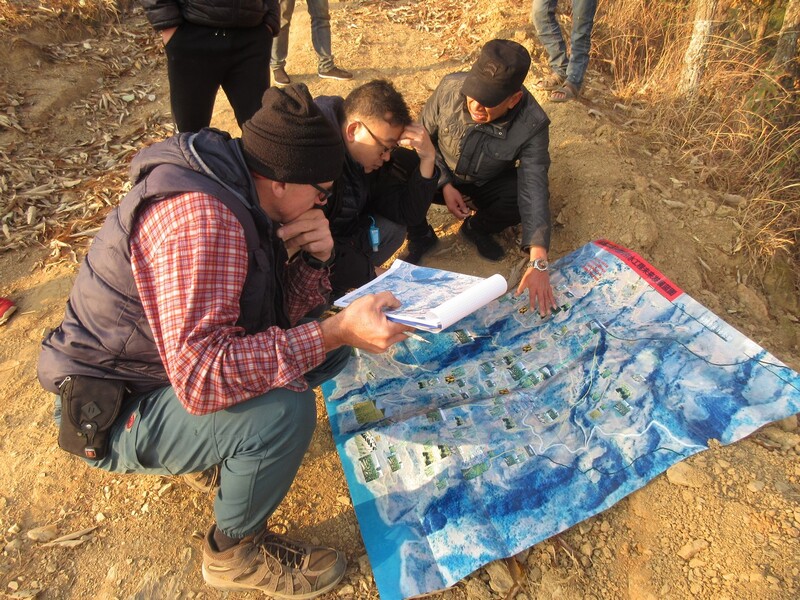
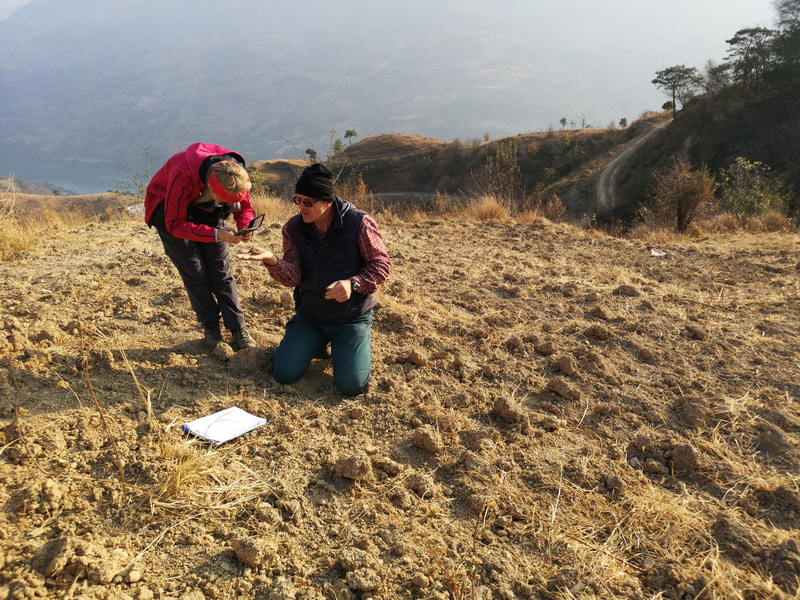
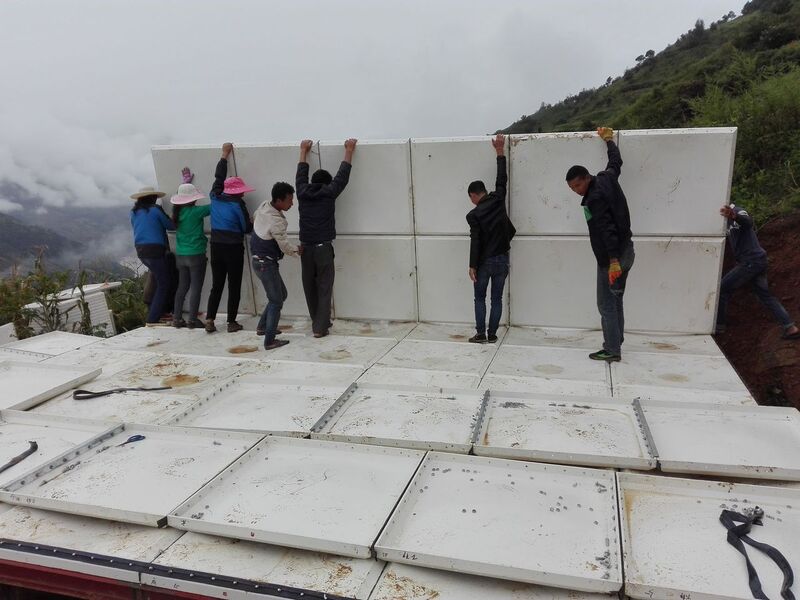
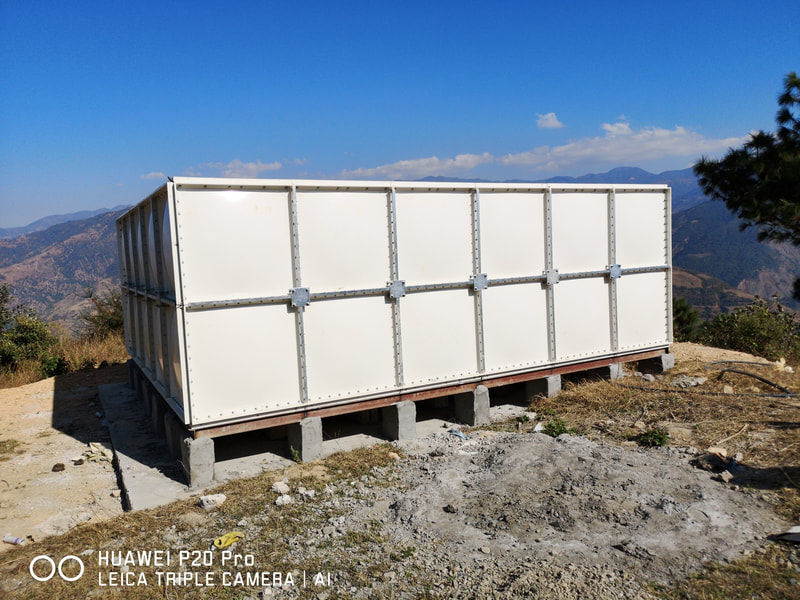
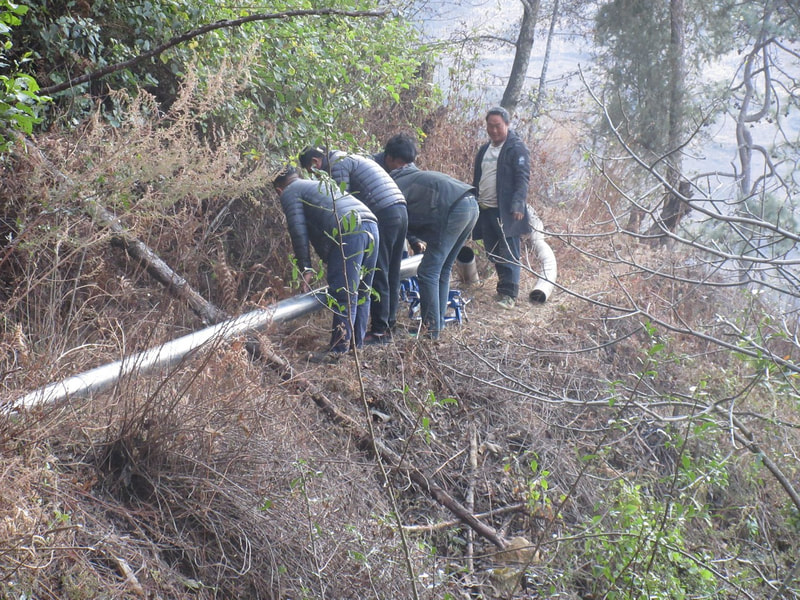
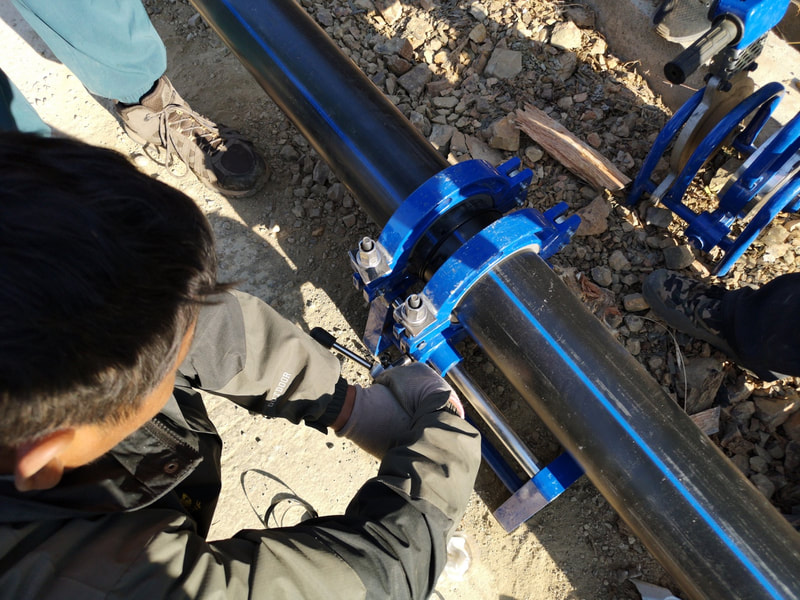
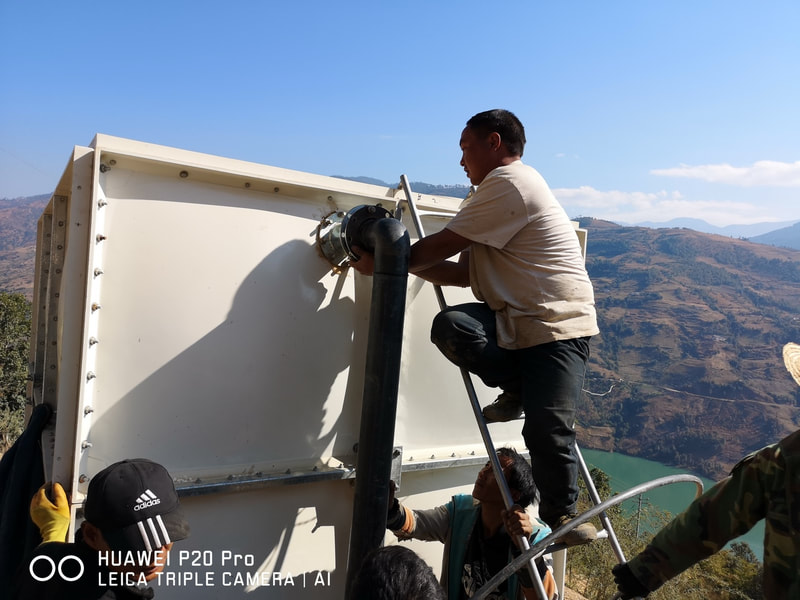
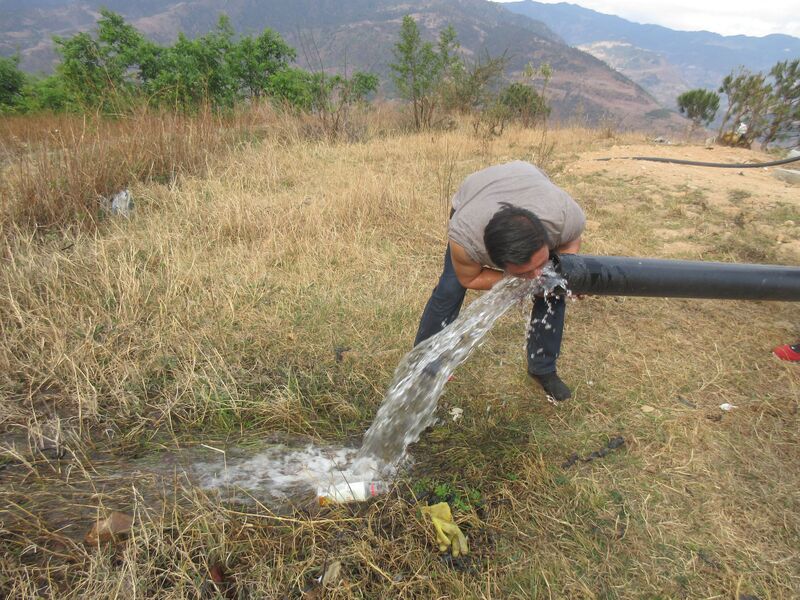
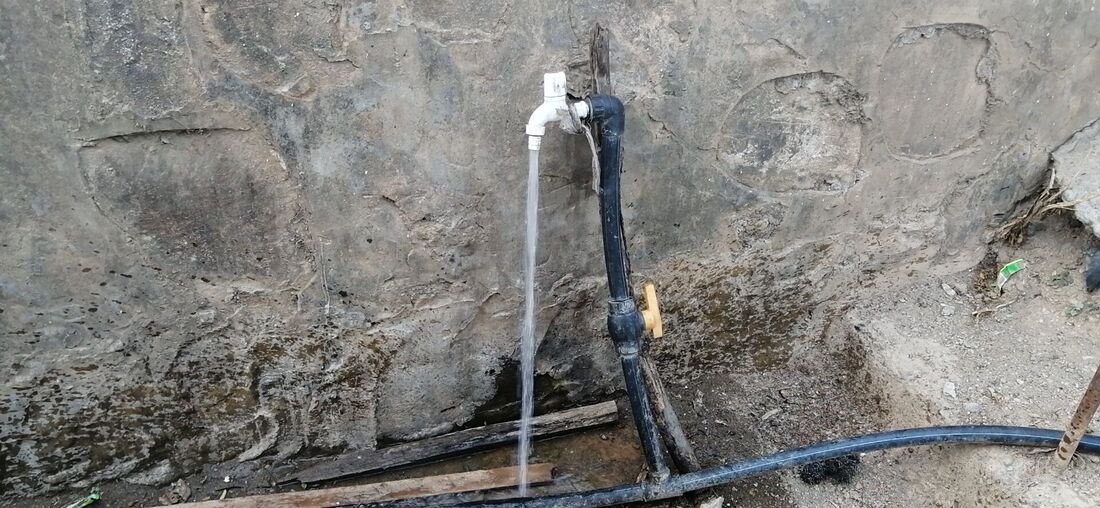
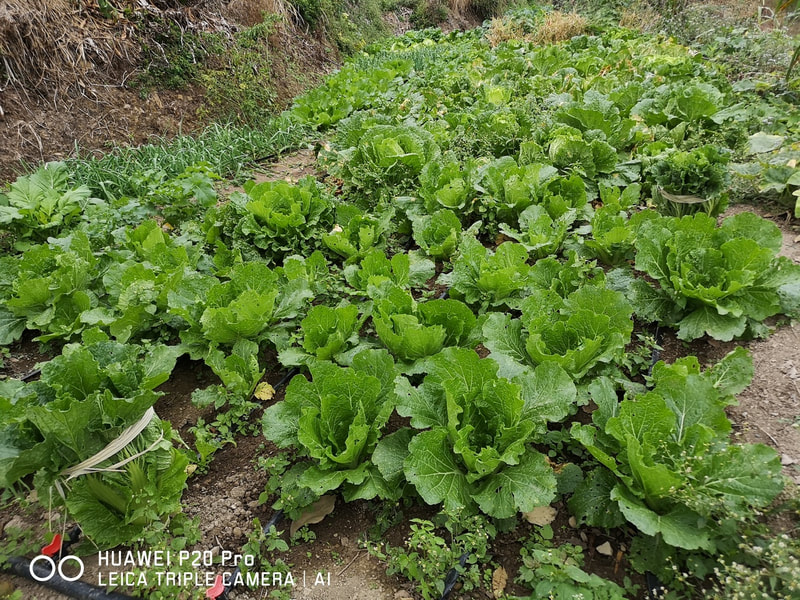
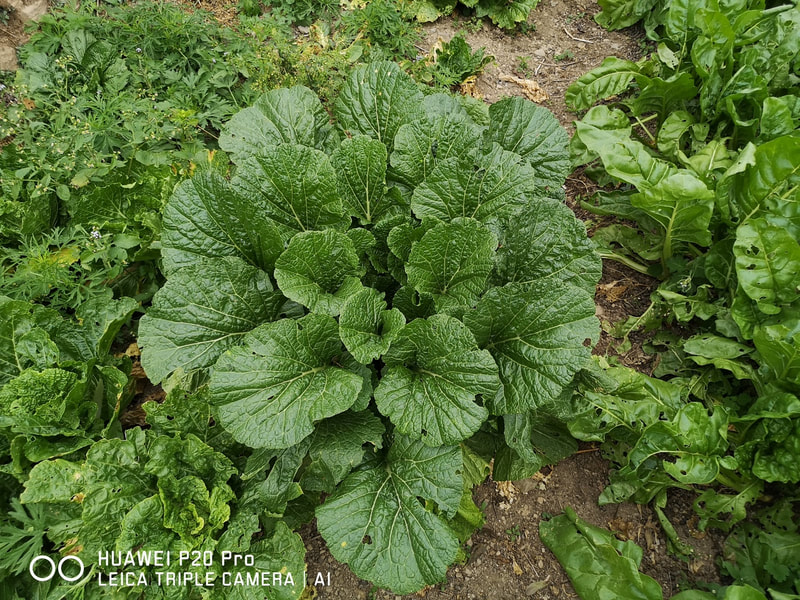
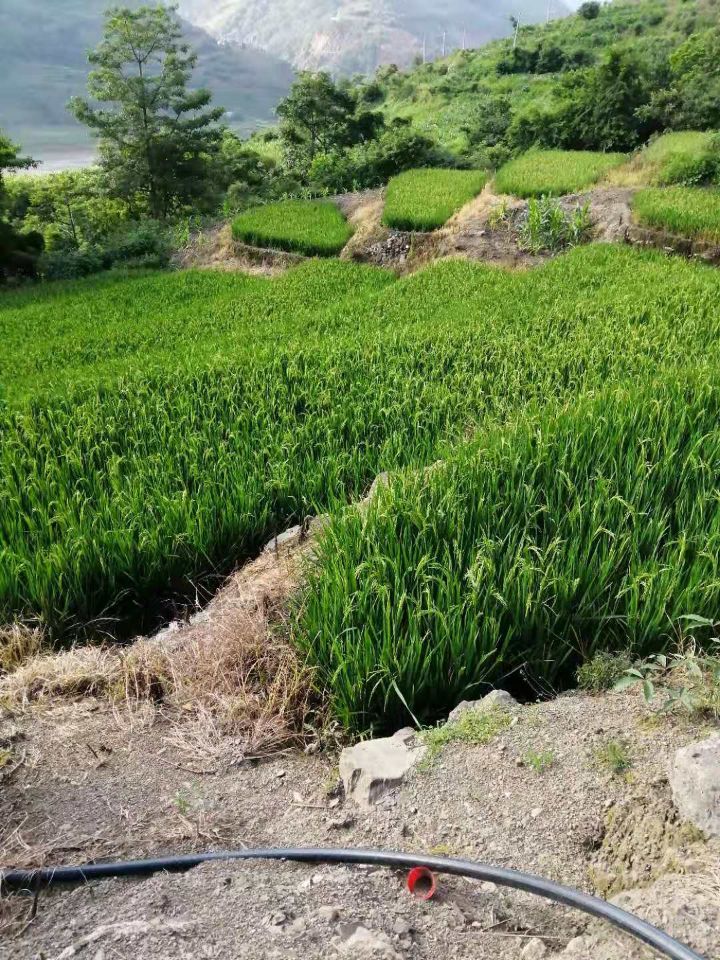
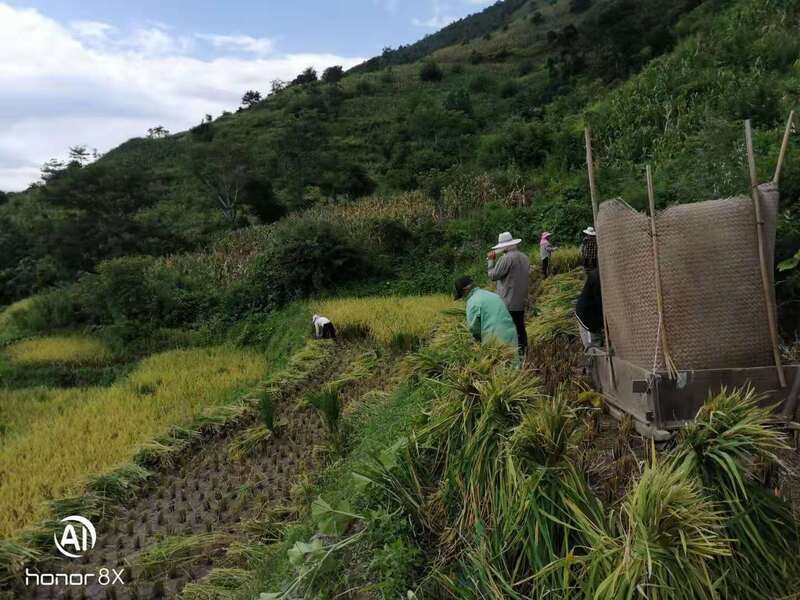
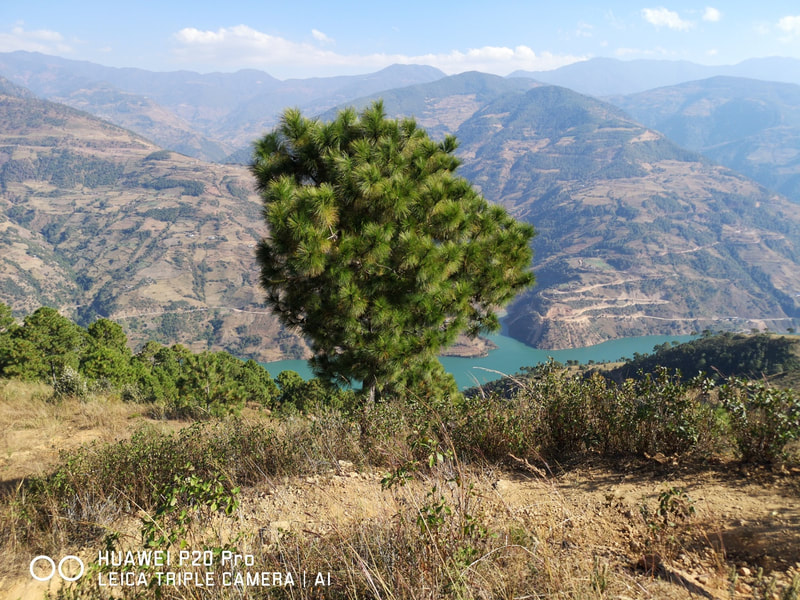
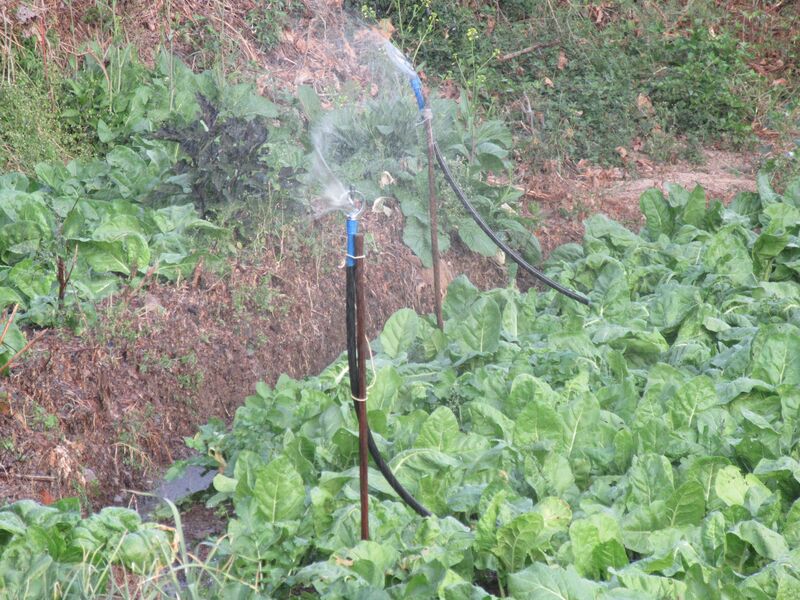
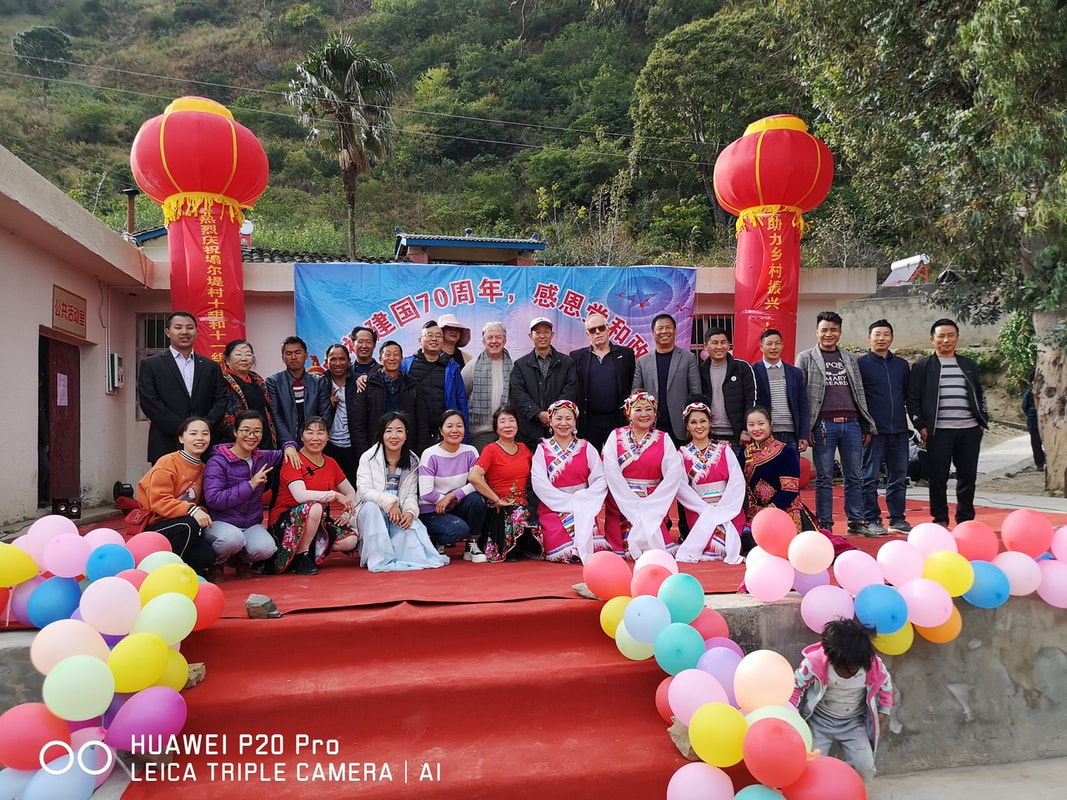
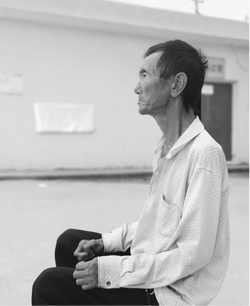
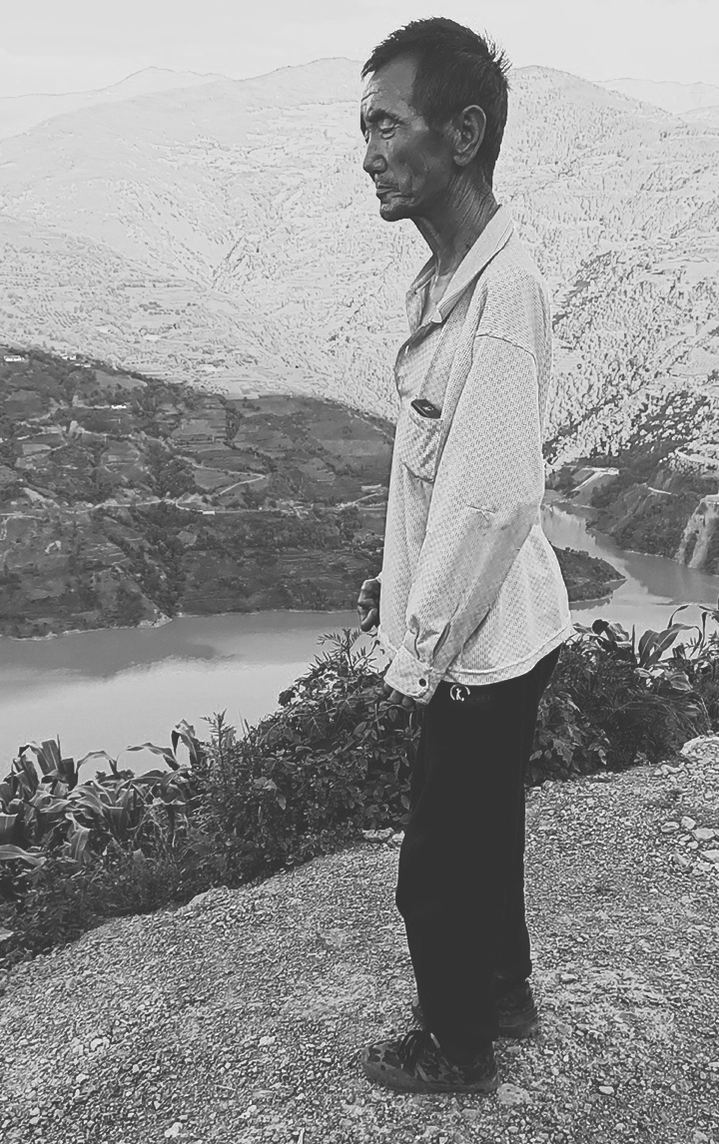
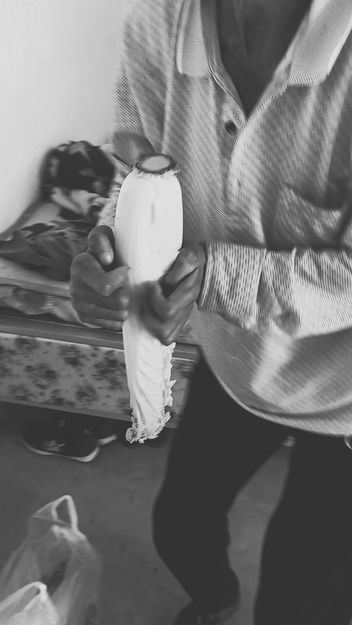
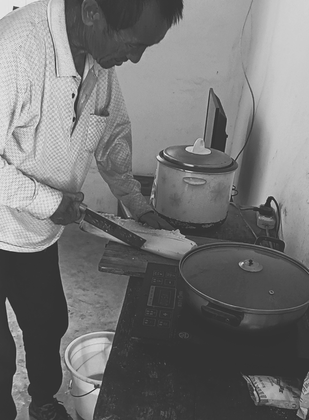


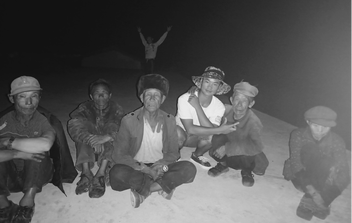
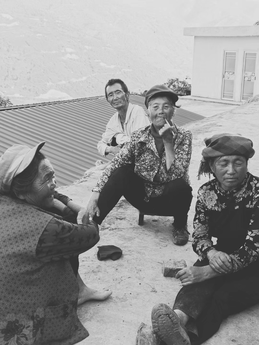
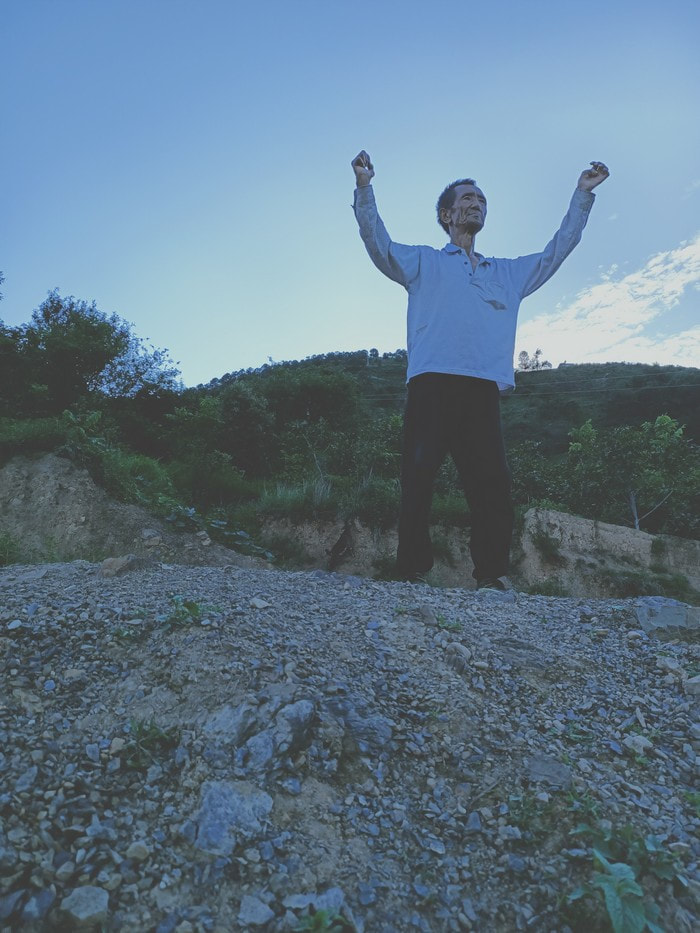
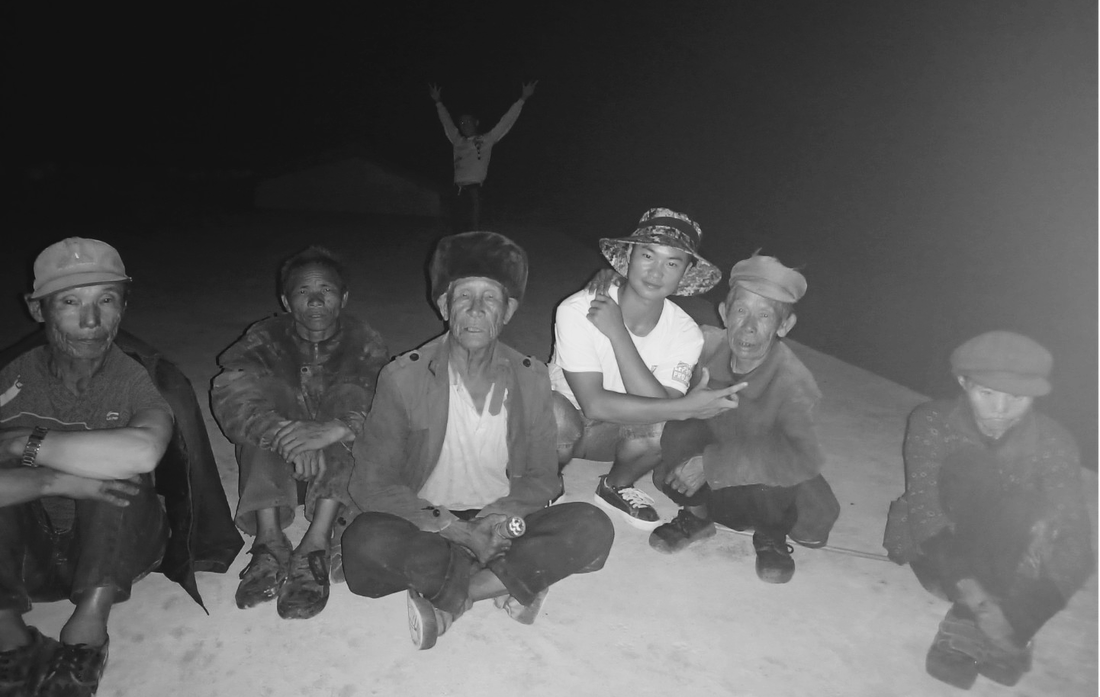
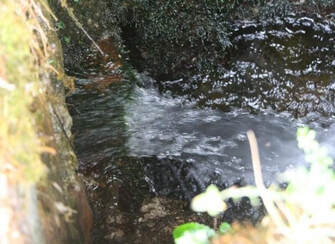
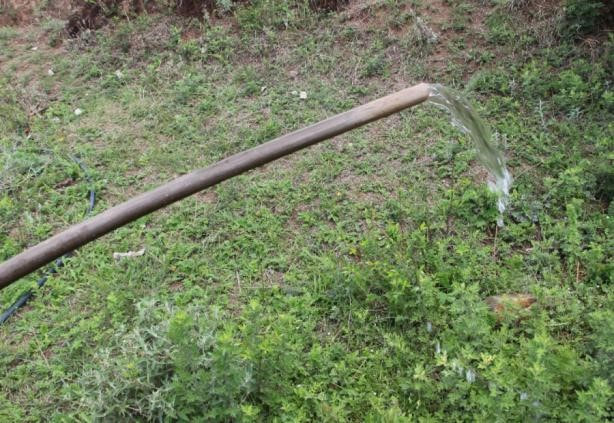
 RSS Feed
RSS Feed 


